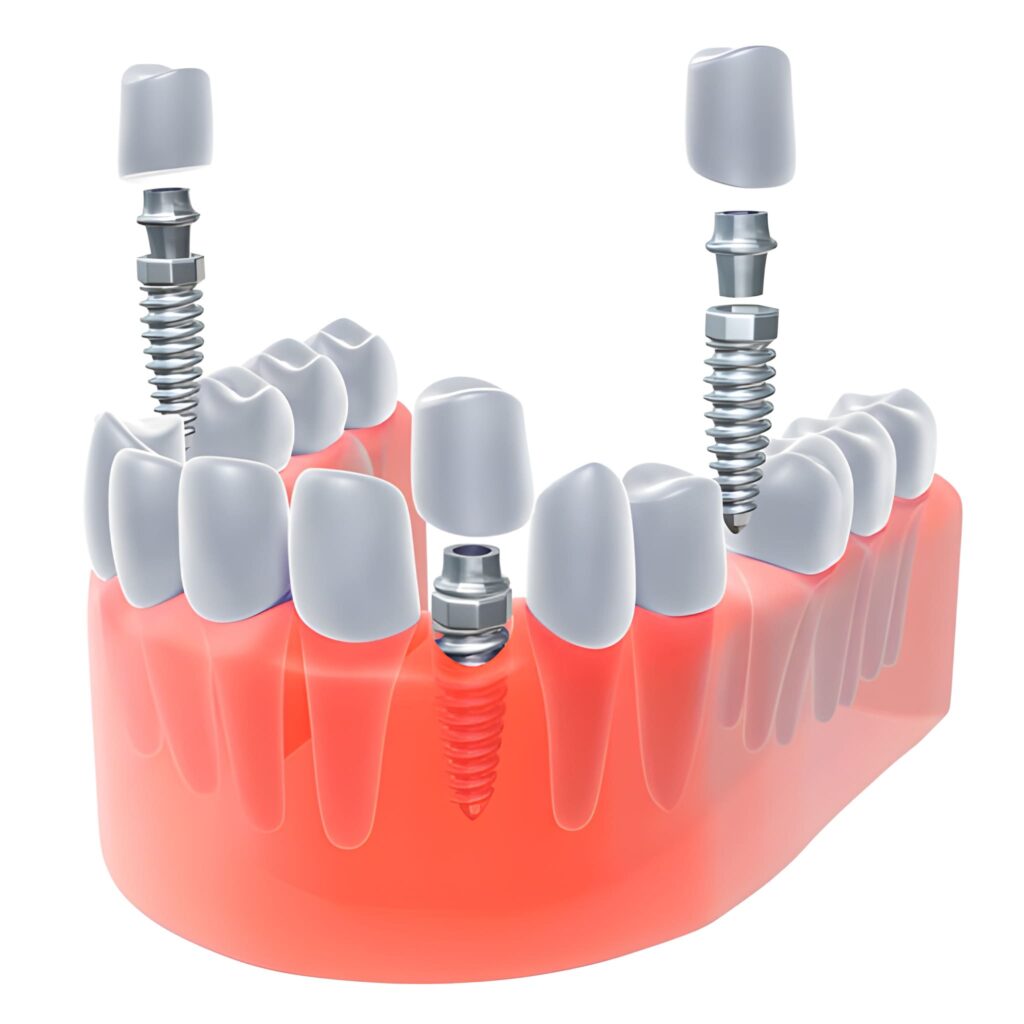Tooth infections can cause intense, constant pain that interferes with daily life. Many people ask whether pulling the infected tooth will stop the discomfort. In most cases, yes—removing the infected tooth gets rid of the problem’s source. Once the infection and pressure are gone, the pain begins to ease. However, some soreness may remain for a short time while your mouth heals. In this article, we explain why infected teeth hurt, when pulling them is the best solution, and what to expect after extraction. This guide is for anyone seeking fast, safe relief from serious toothache and infection.
Why Infected Teeth Cause So Much Pain
Tooth infections usually start from deep decay, cracks, or gum disease. Bacteria reach the tooth’s inner pulp, which contains nerves and blood vessels. This infection creates pressure and pus, leading to throbbing pain, sensitivity, swelling, and sometimes fever. The pain can spread to your jaw, ear, or even your neck. If left untreated, the infection may become worse or spread further. Pain from an infected tooth doesn’t usually go away on its own. That’s why it’s important to act fast. An Emergency dentist in Aberdeen can assess the damage and decide whether the tooth can be saved or needs to be removed.
A Guide To Handling Kids’ Dental Emergencies In Aberdeen
Will Extraction Stop the Pain Right Away?
In most cases, yes—pulling the infected tooth removes the cause of pain. The bacteria, inflamed tissue, and pressure go away along with the tooth. Many people feel immediate relief after the infection source is gone. That said, some mild pain or swelling may last a day or two during healing. Your dentist may give antibiotics before or after the procedure if swelling is severe. Tooth extraction is often recommended when the tooth is too damaged to save. Removing the tooth protects the rest of your mouth from further infection and helps you feel better quickly.
When Can a Tooth Be Saved Instead of Pulled?
Not every infected tooth must be removed. If the infection is caught early and the tooth structure is still strong, a dentist may recommend root canal treatment. This removes the infected pulp, cleans the space, and seals the tooth. The pain stops while saving the natural tooth. This is often preferred for front or important chewing teeth. Pulling the tooth may be faster and cheaper, but it can lead to problems like tooth gaps or difficulty eating. A dentist will examine your case and help you choose the option that best protects your smile and comfort.
Is Salt Water Rinse Good for Tooth Infection?
What Happens After an Infected Tooth Is Removed?
After the extraction, a blood clot forms in the empty socket. This protects the area and helps it heal. You may feel sore for a few days, but the sharp pain from the infection should improve quickly. To heal well, avoid smoking, drinking through a straw, or spitting for 24 hours. Eat soft foods and rest. Rinse with warm salt water after the first day to keep the area clean. Follow your dentist’s advice on pain relief and care. Most people feel much better within a few days and return to normal activities in one to two weeks.
How Do I Get an Emergency Dental Appointment in Scotland?
Are There Any Risks With Tooth Extraction?
Tooth extractions are safe, but as with any procedure, there are some risks. If the infection has spread before removal, it may still cause discomfort or need further treatment. In rare cases, bacteria can enter the bloodstream and lead to serious illness. That’s why it’s important to take any signs of infection seriously and act early. A common problem after extraction is dry socket, where the blood clot comes out too early. This can be painful but is treatable. Your dentist will guide you through aftercare and help prevent any issues so you can heal properly.
Should You Replace the Tooth After Extraction?
Once the area has healed, your dentist may suggest replacing the missing tooth. If left open, the gap can cause nearby teeth to shift or tilt, changing your bite. It can also make chewing harder and affect your appearance. Common options include dental implants, bridges, or partial dentures. Replacing the tooth helps restore proper function and keeps your smile looking natural. Although replacement is not urgent, it’s worth considering for long-term comfort. Your dentist will explain what’s right for your needs and budget. Good replacement planning supports your oral health and confidence in the long run.
How Do You Stop a Toothache Urgently?
Suffering from Tooth Pain? We’re Here to Help
If you’re struggling with an infected or painful tooth, don’t wait. At Cove Dental and Implant Centre, we offer expert care and same-day appointments for dental emergencies. Our skilled team will assess your tooth and guide you through safe, gentle extraction or other treatment options that relieve pain and restore comfort.
Call now to book your emergency visit and take the first step toward a pain-free smile. We’re committed to helping you feel better—quickly and safely.
Frequently Asked Question
Does pulling an infected tooth stop the pain immediately?
Yes, most people feel relief quickly after the infected tooth is removed. Some soreness may remain for a day or two, but the deep throbbing pain caused by infection usually improves once the source is gone.
Can an infected tooth heal without being pulled?
Sometimes. If caught early, a root canal may clean and seal the tooth, stopping the infection and saving it. However, if the damage is too severe, extraction may be the safest and most effective treatment.
Do I need antibiotics before or after pulling an infected tooth?
In many cases, yes—especially if swelling or infection is severe. Antibiotics help control bacteria and prevent it from spreading. Your dentist will decide if antibiotics are needed before or after the extraction.
Is it dangerous to delay treatment for an infected tooth?
Yes. Delaying treatment can let the infection spread to other teeth, your jaw, or even the bloodstream. This can lead to serious health risks. Always seek dental help quickly if you have signs of infection.
Will I need to replace a tooth after extraction?
It’s not required but highly recommended. Missing teeth can lead to shifting, chewing problems, or bite changes. Options like bridges or implants restore appearance and function, keeping your smile healthy and balanced.
Can pulling an abscessed tooth cause complications?
Complications are rare but possible. Dry socket, sinus issues, or spread of infection may occur. Following your dentist’s aftercare advice helps avoid problems and supports safe, smooth healing after the tooth is removed.





